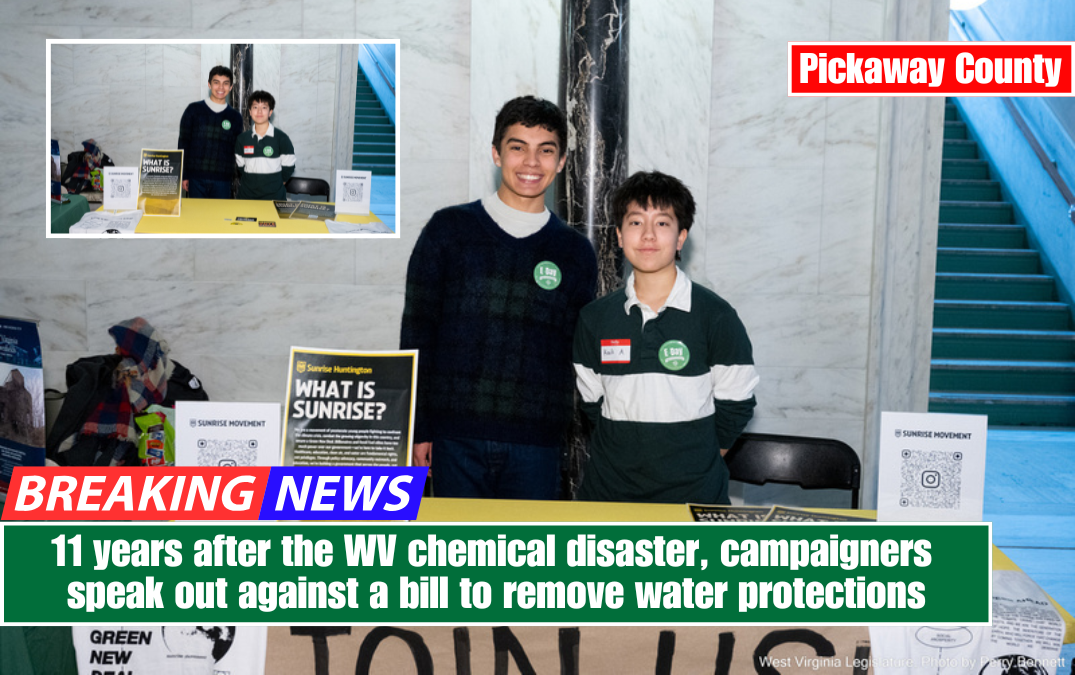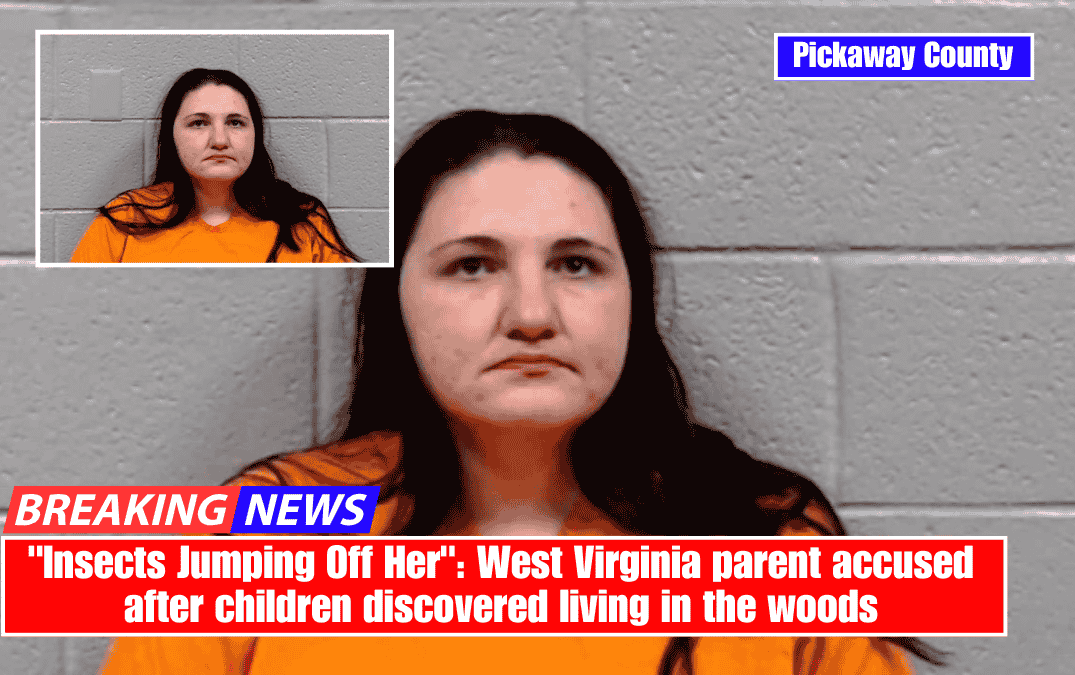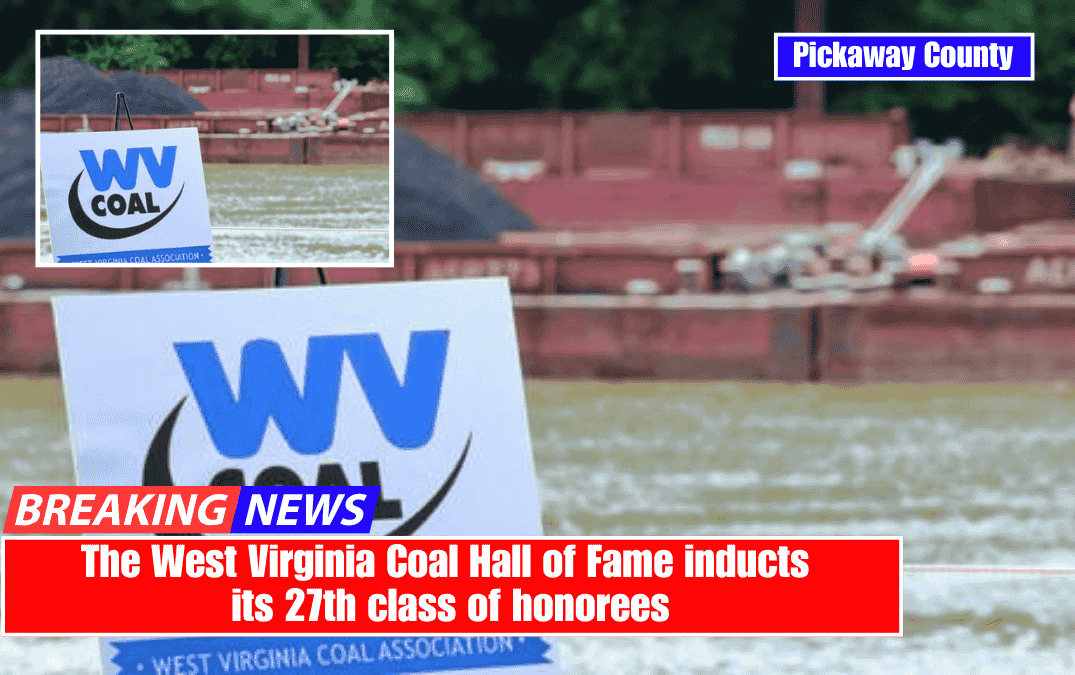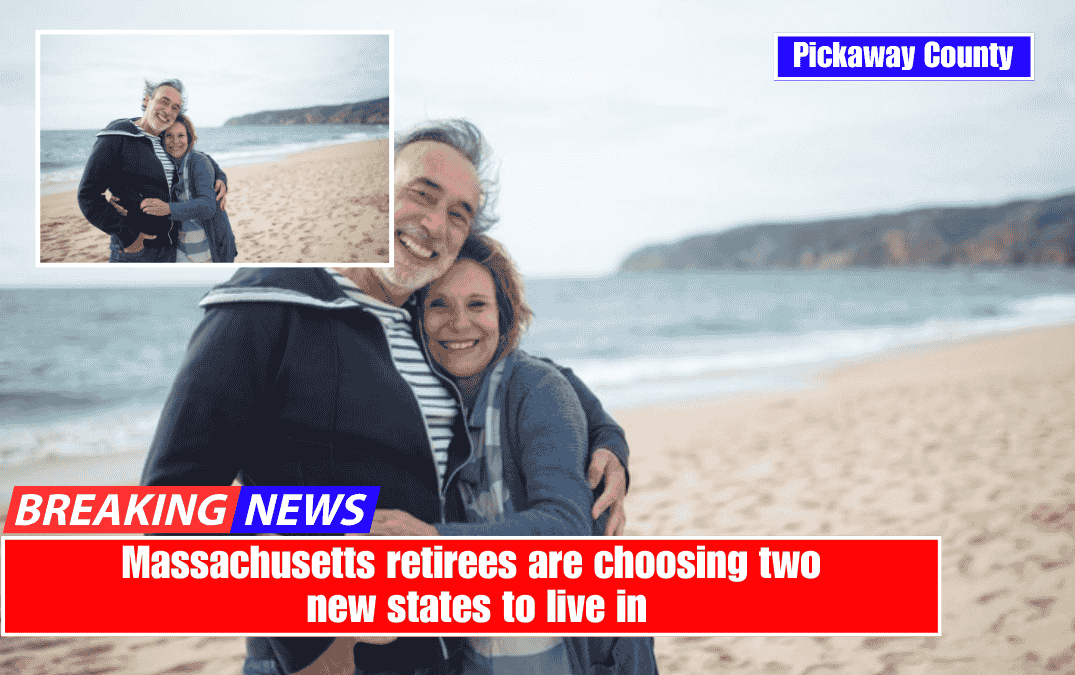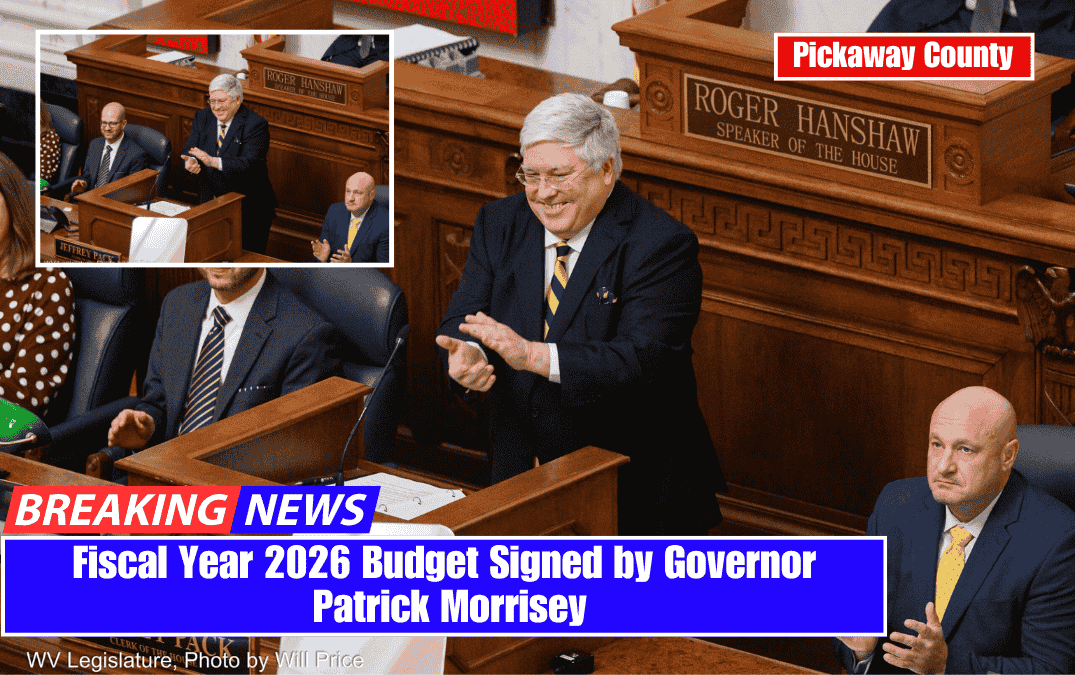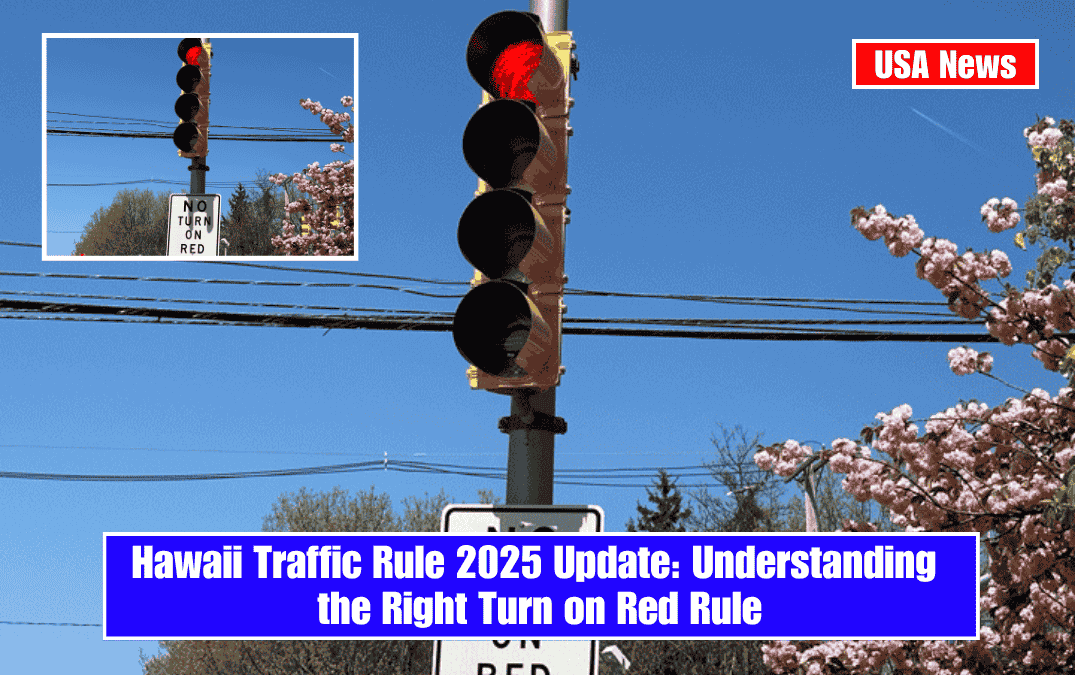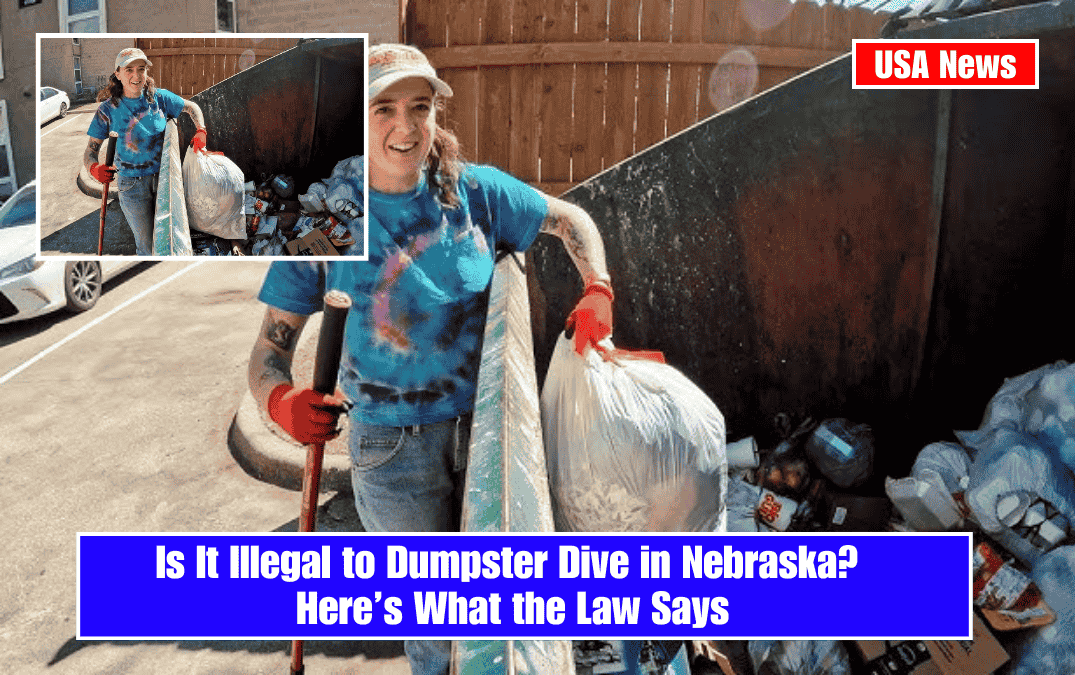Honey May speaks at the “People’s Public Hearing” against Senate Bill 592 on Monday, March 17, 2025, outside the West Virginia House chamber in Charleston, West Virginia. (Perry Bennett, West Virginia Legislative Photography)
London Donahoe, a sophomore at Huntington High School, said he was six years old when the 2014 Elk River chemical leak occurred in central West Virginia.
That January, Freedom Industries’ aboveground storage tank leaked 4-methylcychohexanemethanol (MCHM), a chemical used in coal processing, into the Elk River, contaminating the drinking water of approximately 300,000 people in nine counties.
The West Virginia Legislature was in session at the time of the spill, but took a few days off as an immediate response while efforts were underway.
When lawmakers returned, in direct response to the chemical leak, they unanimously passed Senate Bill 373, which established the Aboveground Storage Tank Act and implemented a slew of other water protection measures in the hopes of preventing future disasters.
Donahoe doesn’t recall much from that time. He does know one thing, though: as a result of the Legislature’s action, he was able to grow up under policies that made him healthier and better protected against potential disasters.
But now, 11 years after the chemical leak, lawmakers are seriously considering a bill that would reduce the mitigation efforts that were implemented in its aftermath.
Senate Bill 592 has already passed the Senate and is now awaiting consideration by the House Energy and Public Works Committee.
Under the proposed legislation, more than 1,000 oil, gas, and coal tanks closest to drinking water intakes — the same tanks that caused the 2014 chemical leak — would be exempt from mandatory third-party inspections that currently ensure they are not leaking.
On Monday, Donahoe was one of 13 residents who spoke out against SB 592 during an unofficial public hearing hosted by a number of progressive and environmental organizations at the Capitol.
“History makes it clear: the protections put in place [in 2014] were not just necessary—they were life-saving,” Donahoe told those in attendance.
“Now, the Legislature is threatening to repeal these safeguards, putting everyone in this room at risk. SB 592 prioritizes industry lobbyists and the wealthy elite over West Virginians’ health and safety, which violates the basic human right to water.
Other speakers opposed the legislation included environmental activists who have returned to the Capitol year after year to try to keep the protections put in place 11 years ago.
Honey May, an environmental organizer who became involved in the work after the 2014 water crisis, believes it’s impossible to ignore how entrenched coal, oil, and natural gas industry lobbyists are in the West Virginia Legislature.
May stated that it is difficult not to feel excluded from the process when industry-backed and created bills such as SB 592 begin to circulate. Year after year, she has assisted in connecting people with their legislators or arranging for transportation to the Capitol to speak out against such bills.
She has seen the rotunda packed with people concerned about their environmental health and safety. She understands how such an outpouring can influence legislators’ votes.
However, she stated that it should not take that much effort for those in power to listen to their constituents’ concerns and see common sense in the measures in place to protect them.
This is especially important now, May stated, because this is the first legislative session without a public hearing process for the entire House. The hearing on Monday, dubbed “the People’s Public Hearing” by organizers, served as an alternative to committee hearings.
“Now you have to organize your own public hearings. Legislators may not have time to hear from us, so we must devise alternative methods of communication. “And now they think we can do whatever they want, but we say ‘no’,” May explained. “We are going to stand here.
We’re going to tell you how we feel, and it’s not radical; it’s about safe drinking water. Everyone drinks it, so please contact your legislators. It is the only thing that works. The people’s power is the only thing that prevents the relentless pursuit of profit.”
Other speakers on Monday included more people who have vivid memories of the 2014 chemical spill. Some people said they were still hesitant to drink the area’s tap water. Others recalled how difficult and frustrating it was to gather information as the event progressed.
Every speaker expressed their concerns about something like that happening again, as well as their disappointment at seeing protections in place to prevent it from happening.
While Donahoe is too young to remember much from the events of 2014, he and his Huntington High classmate Kaili Anderson have started their own organizing campaign to protect West Virginia’s environment, and they want the state’s lawmakers to pay attention.
Both are officers of their school’s Sunrise Movement student hub, which is a local chapter of a national organization dedicated to young people fighting and organizing against the ongoing climate crisis.
Anderson and Donahoe both expressed frustration with the state Legislature’s focus on social issues that seek to harm already marginalized people, while lawmakers appear to ignore multiple ongoing crises — undrinkable water, the drug and overdose epidemic, and poverty, among many others — leaving the state’s most vulnerable people without support or assistance.
According to Anderson, young people are not participating in discussions about the state’s priorities. If they were, she continued, those priorities would undoubtedly shift, and more young people would be looking forward to a future in the state rather than feeling compelled to leave it.
“If young people had a seat at the table, they’d be more likely to stay here, especially if they were being listened to,” Donahoe joked. “Focusing on culture wars and attacking trans people is counterproductive and does not benefit anyone. Our voices and perspectives are being ignored, and we must unite to push elected officials and remind them that we exist and that our voices matter.
